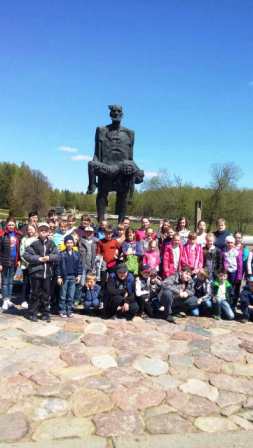
Location Length Type Ward No:1/B Nanpura Makkai Pool 1 Chowk Bazar Three Circle To Sagar Hotel. Alireza Ghorbani Pardeh Neshin. Directed by: Reza Mousavi. Date Added: Apr 06, 2016. Download 1080p Download 720p Download 480p. Alireza Ghorbani Forough. Ehsan Rahmanian Adat (Ft. SheryM) 553K. Ramsha Bia (Ft. Hamid Sefat Che. Andy Live at the Dolby Theatre (May 2014) 46K. Ali Broujerdi Hadese.

Azariah, Vedanayagam Samuel (1874-1945) First Indian bishop of the Anglican Church Born in the village of Vellalanvilai in the southernmost Indian district of Tirunelveli, Azariah was educated in Anglican missionary schools and at Madras Christian College. As a YMCA secretary from 1885-1909, he became a leader of the emerging pan-Asian student missionary movement by establishing the Indian Missionary Society (IMS) in 1903 and the National Missionary Society in 1905. He forged friendships with Western student leaders Sherwood Eddy and and pleaded for better relations between foreign missionaries and “native” Christians at the 1910 World Missionary Conference in Edinburgh. In 1909 Azariah left the YMCA to become an ordained Anglican missionary of the IMS to Dornakal in the Telugu-speaking dominions of the Nizam of Hyderabad.
In 1912 he was promoted to an unprecedented indigenous bishopric in the new diocese of Dornakal. He remained the only Indian diocesan bishop in the Anglican Church until his death. Known in Dornakal Diocese by the affectionate honorific Thandrigaru (“father”), Azariah was the chief inspirational force behind mass movements that brought roughly 200,000 outcast Malas and Madigas, tribals and low-caste non-Brahmins into his fledgling church during his lifetime. For over two decades, Azariah also played a leading role in church unity negotiations, which resulted in the historic creation of the Church of South India in 1947, the first unification of an episcopal church (Anglican) with non-episcopal churches (Congregational, Presbyterian, Methodist) since the Reformation.
He led many other prominent South Asian Protestant enterprises of his age, including the National Christian Council (the central cooperative body for non-Roman churches and missions in India, Burma, and Ceylon [Sri Lanka]), the Bible Society of India and Ceylon, and the General Council of the Anglican Church of India, Burma, and Ceylon. He spoke with authority on major political issues and became, somewhat reluctantly, both an ally and a foe of M.K. Gandhi in battles over communal representation and religious freedom. He also served as an important bridge between India and Britain during the last phases of their imperial association. He was awarded an honorary degree in 1920 from Cambridge University.
Susan Billington Harper, “Azariah, Vedanayagam Samuel,” in Biographical Dictionary of Christian Missions, ed. Anderson (New York: Macmillan Reference USA, 1998), 35-36.  This article is reprinted from Biographical Dictionary of Christian Missions, Macmillan Reference USA, copyright © 1998 Gerald H. Anderson, by permission of Macmillan Reference USA, New York, NY.
This article is reprinted from Biographical Dictionary of Christian Missions, Macmillan Reference USA, copyright © 1998 Gerald H. Anderson, by permission of Macmillan Reference USA, New York, NY.
All rights reserved. Bibliography Primary Azariah authored over 180 books, articles, addresses, and translations, some of which are no longer extant. Works prepared mainly for educational and pastoral purposes in English or in Indian vernaculars include studies on several books of the Bible, Holy Baptism (1919, 1942), The Pastor and Pastorate (1936), Lessons on Miracles (1937), Christian Giving (1939, 1955), Confirmation (1942), and Sabbath or Sunday (1942). Azariah translated writings of Charles G.
Finney and Andrew Murray into Indian vernaculars; he described the progress of Christianity in South Asia in India and the Christian Movement (1935, 1936). For a comprehensive bibliography, see Susan Billington Harper, “Azariah and Indian Christianity in the Late Years of the Raj” (D. Thesis, Oxford Univ., 1991). Many of Azariah’s papers were lost or destroyed after his death, but substantial correspondence and records still exist: the CMS archives at the Univ. Of Birmingham, the USPG archives as Rhodes House, Oxford, the archives at Lambeth Palace Library, London, the Metropolitan Archives of the Church of India, Pakistan, Burma, and Ceylon at Bishop’s College, Calcutta, and the IMS archives in Palayamkottai.